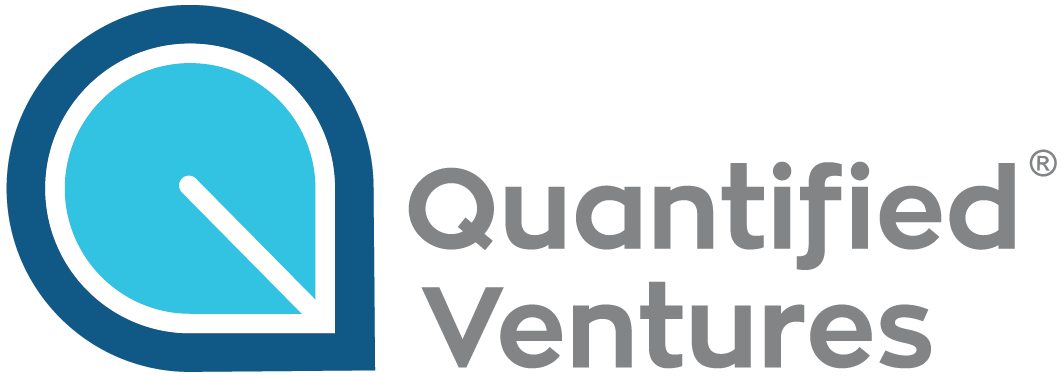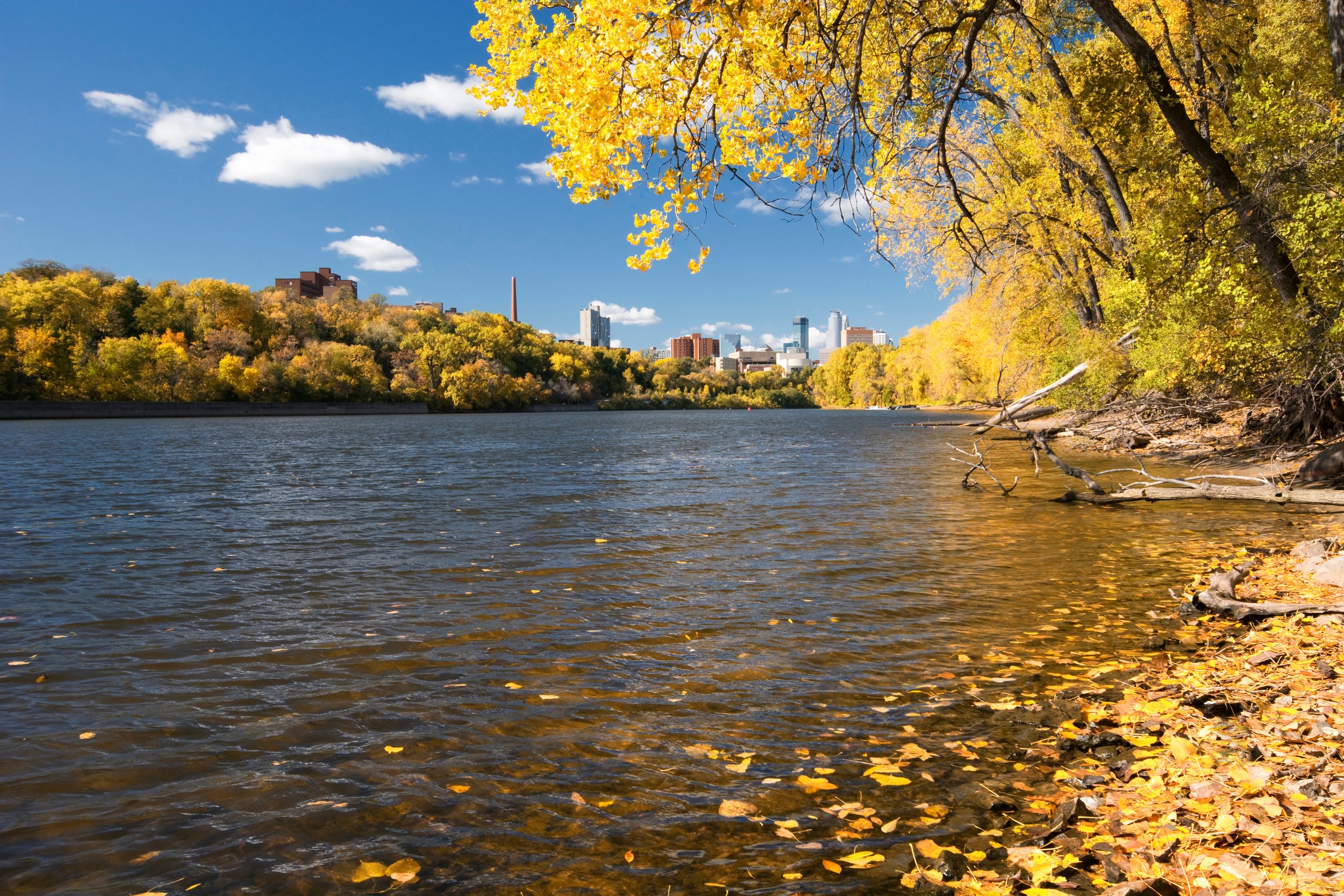Six Green Banks Receive $1.3 Million in Awards and Technical Assistance to Finance Equitable Clean Water Infrastructure
Robert Wood Johnson Foundation Investment Supports Strategic Partnership Between
Coalition for Green Capital, PRE Collective, and Quantified Ventures to Design, Capitalize, and Scale Equitable Water Infrastructure
On April 10, 2024, The Coalition for Green Capital (CGC), PRE Collective (PRE), and Quantified Ventures (QV) jointly announced their selection of six green banks to receive $1.3 million in grants plus technical assistance to build a pipeline of equitable clean water infrastructure projects that directly benefit under-resourced communities. This funding and technical assistance is a key component of an investment made by the Robert Wood Johnson Foundation (RWJF) in a strategic collaboration between CGC, PRE, and QV to develop scalable financing programs for equitable water infrastructure.
The six green banks that will receive grant funding and technical assistance are:
Connecticut Green Bank
DC Green Bank
Groundswell Capital - based in Arizona
The Hawai’i Green Infrastructure Authority
Missouri Green Banc
SELF (Solar Energy Loan Fund) - based in Florida
RFP Details (No Longer Accepting Submissions)
Quantified Ventures and Coalition for Green Capital will select six (6) existing green banks to receive grant funding (~$50,000/grantee) and technical assistance to build a pipeline of clean and equitable water infrastructure projects that will directly benefit disadvantaged communities.
There are two key outcomes associated with this effort:
Build a pipeline of financeable water projects for each cohort green bank.
Design the structure of the financing programs that the green banks can use to finance clean water projects in the future.
NO LONGER ACCEPTING SUBMISSIONS
RFP response were due by March 18, 2024
Clean water infrastructure is imperative for good health and a critical solution for environmental justice because of its ability to rapidly deliver benefits to communities most impacted by a changing climate. Green banks fill a financing gap in the market and can encourage investments in water infrastructure projects, providing economically disadvantaged communities the opportunity to modernize their water infrastructure for improved health outcomes and economic prosperity.
These programs will be implemented by CGC's extensive green bank network to address water-related challenges, including clean drinking water, stormwater management, and flooding in disadvantaged communities.
The creation of a national green bank also represents a once-in-a-generation opportunity to shift financing interest toward climate mitigation efforts, such as investments in clean water infrastructure. This is because the EPA's $27 billion Greenhouse Gas Reduction Fund (GGRF) includes Clean Water Infrastructure as an eligible investment project.
CGC and QV will utilize our joint expertise to leverage the initial RWJF investment to support project development, provide technical assistance for implementation, and fund local staff capacity for the inaugural cohort.
Funding Opportunity
Selected green banks may use grant funding for staff and consultant costs necessary to perform due diligence; partner with community organizations; build community engagement and support; and integrate goals and commitments related to clean water, public health, and racial and social equity through the following activities:
Establish an initial phase of community engagement to identify shared priorities around financing clean water infrastructure in disadvantaged communities.
Develop, with technical support from CGC and QV, a project pipeline and suite of financing programs that green banks can deploy once they receive RWJF or future GGRF capitalization funding.
Contribute to the development and socialization of a best practices guide to further enhance nationwide expansion of “resilience financing” amongst the national green bank community.
Support green bank cohort participation in quarterly peer-to-peer learning sessions to share best practices, technical assistance, and guidance from the project team.
Environmental and Resilience Solutions in Focus
We envision a future where the entire network of green banks capitalized through GGRF funds has the tools they need to establish and implement clean water financing programs in their respective geographies.
Potential project areas could include:
Green stormwater infrastructure (e.g., rain gardens, bioswales, urban tree canopy)
Energy conservation (e.g., on-site renewable energy or methane capture associated with water utilities)
Surface water protection (e.g., purchase of land or water rights to reduce runoff from residential & commercial development)
Water conservation (e.g., water efficient appliances, safe drinking water, water meters).
Please note: this list is not exhaustive and will be scoped out in partnership with cohort green banks.
For more information or if you have questions please contact:
Matthew Carney (carney@quantifiedventures.com)
Nenha Young (nenha@coalitionforgreencapital.com)
William Barber III (william@coalitionforgreencapital.com)







